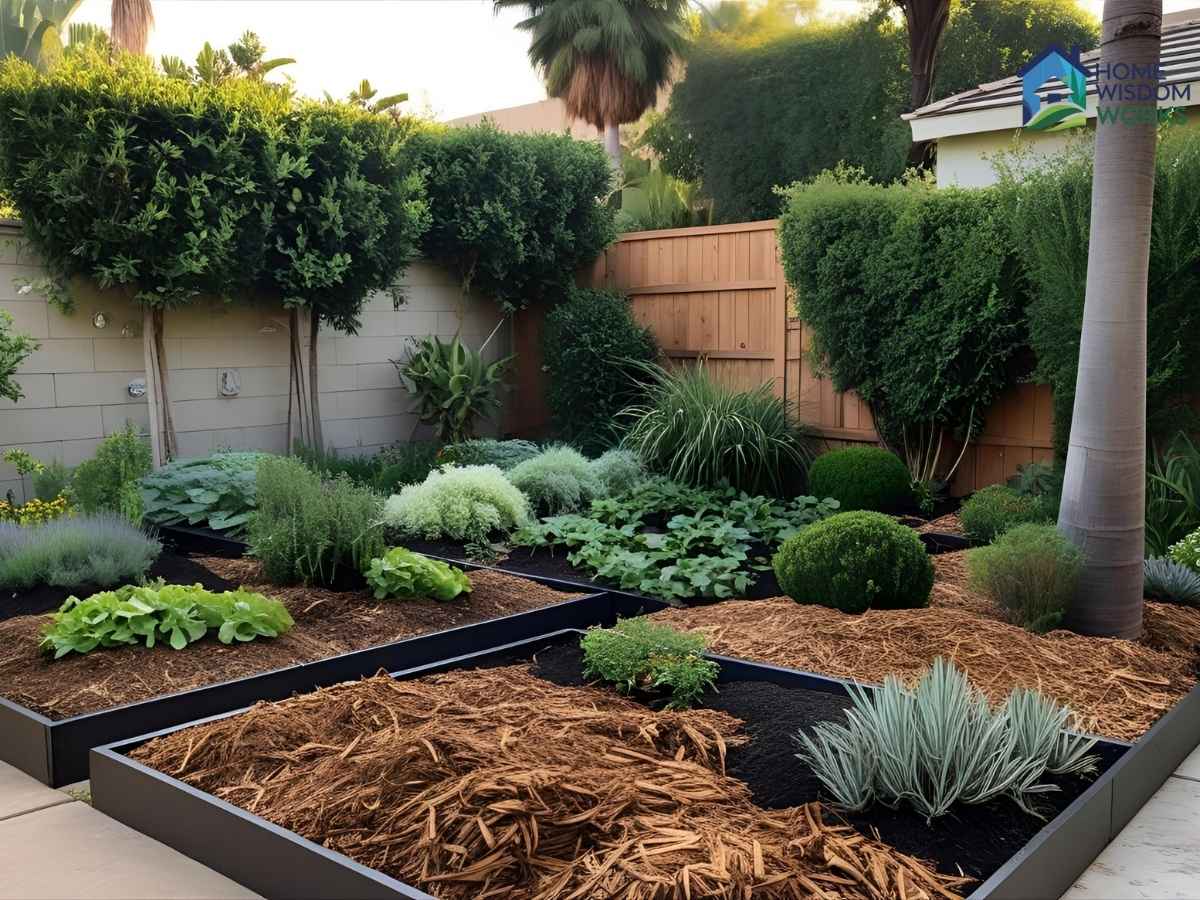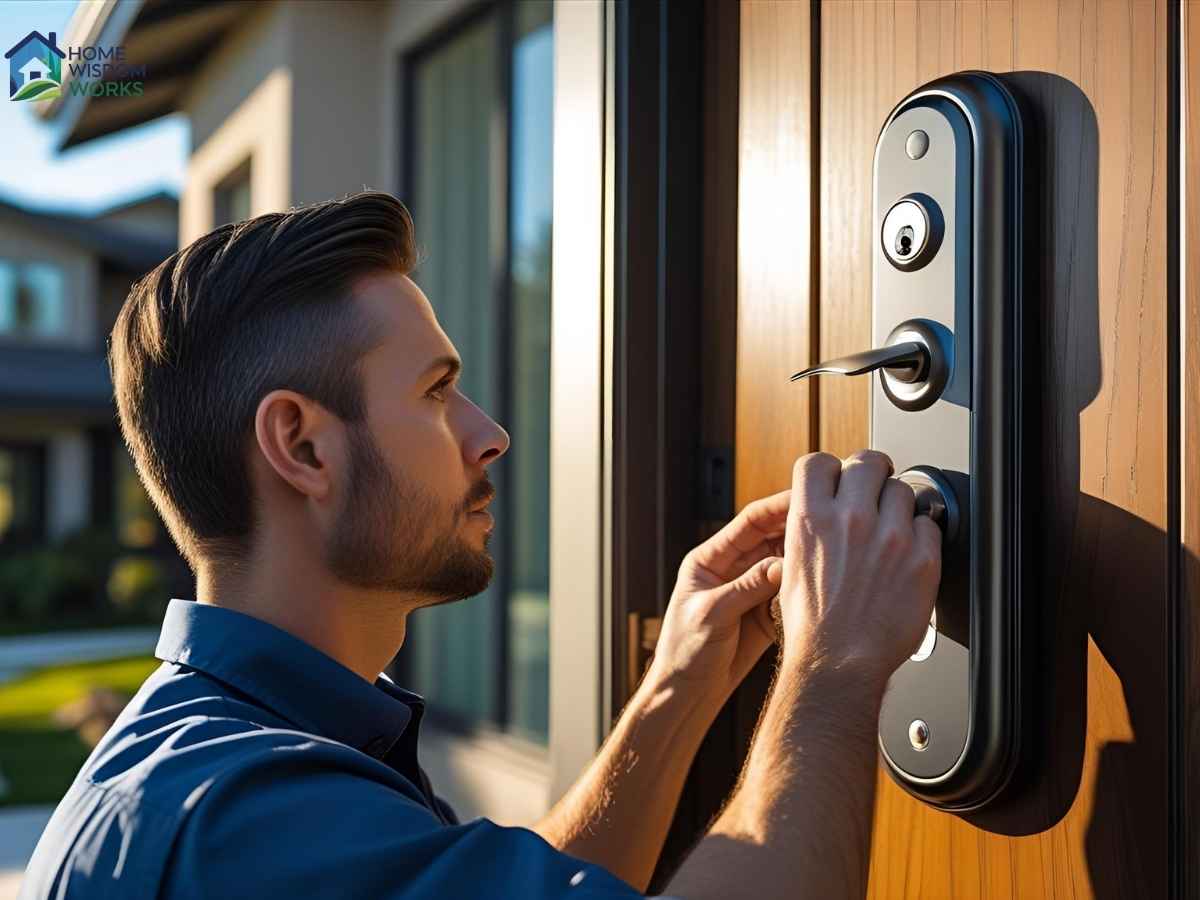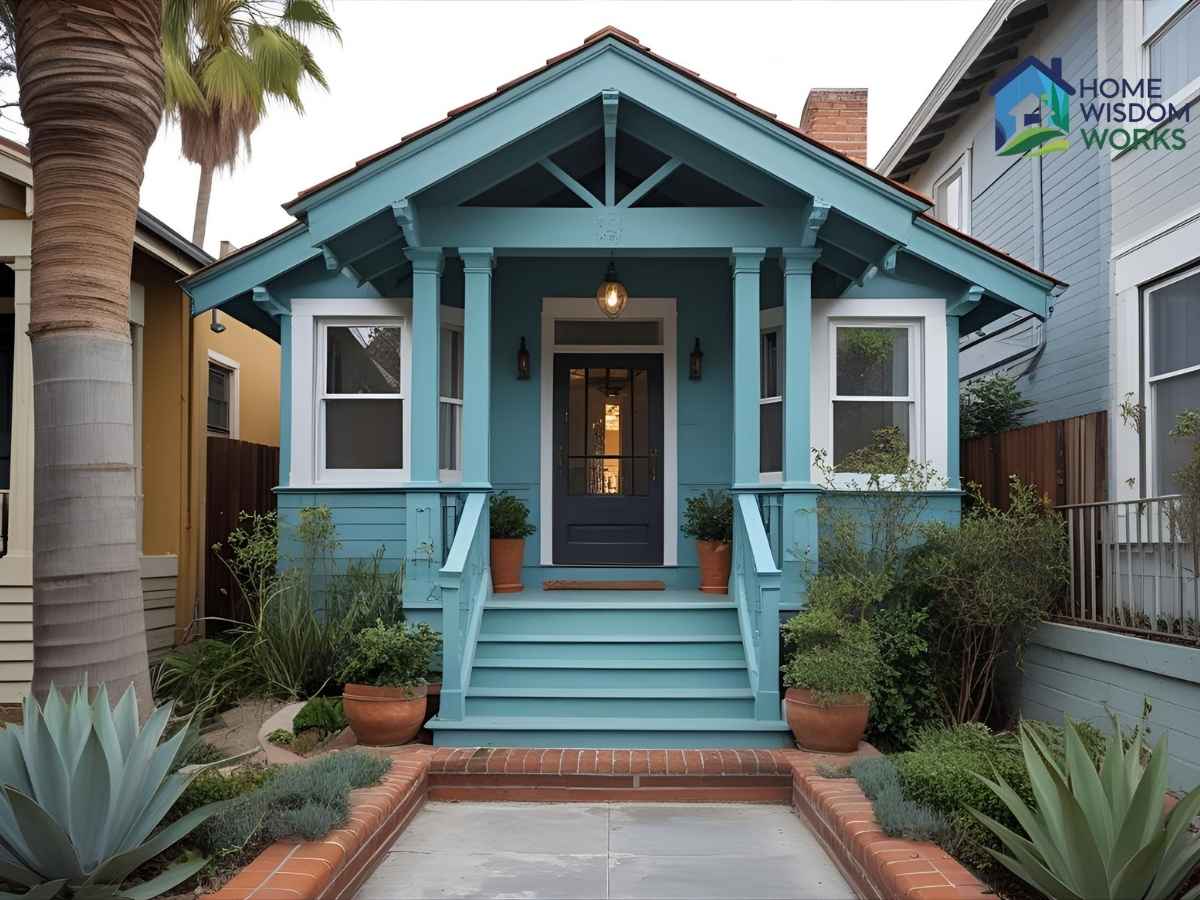Picture this: It’s a rare chilly January morning in North Park, Los Angeles, zip code 90007. The hint of fog clings to the historic Craftsman bungalows, and you’re brewing a cup of coffee when suddenly—you hear the dreaded rush of water behind a wall. Winter may be mild in LA, but pipe bursts can still strike. Let’s dive deep into how you can keep your North Park home (and wallet) safe from winter plumbing nightmares.
Table of Contents
Why LA Homeowners Shouldn’t Ignore Winter Pipes
If you think Southern California is immune to winter plumbing problems, think again. While average winter lows in Los Angeles hover around 48°F and seldom dip below freezing, unique weather patterns, older bungalow construction, and unpredictable rain create the perfect storm for cracked or burst pipes. North Park’s iconic bungalows—many with original piping and shallow crawl spaces—are particularly at risk.
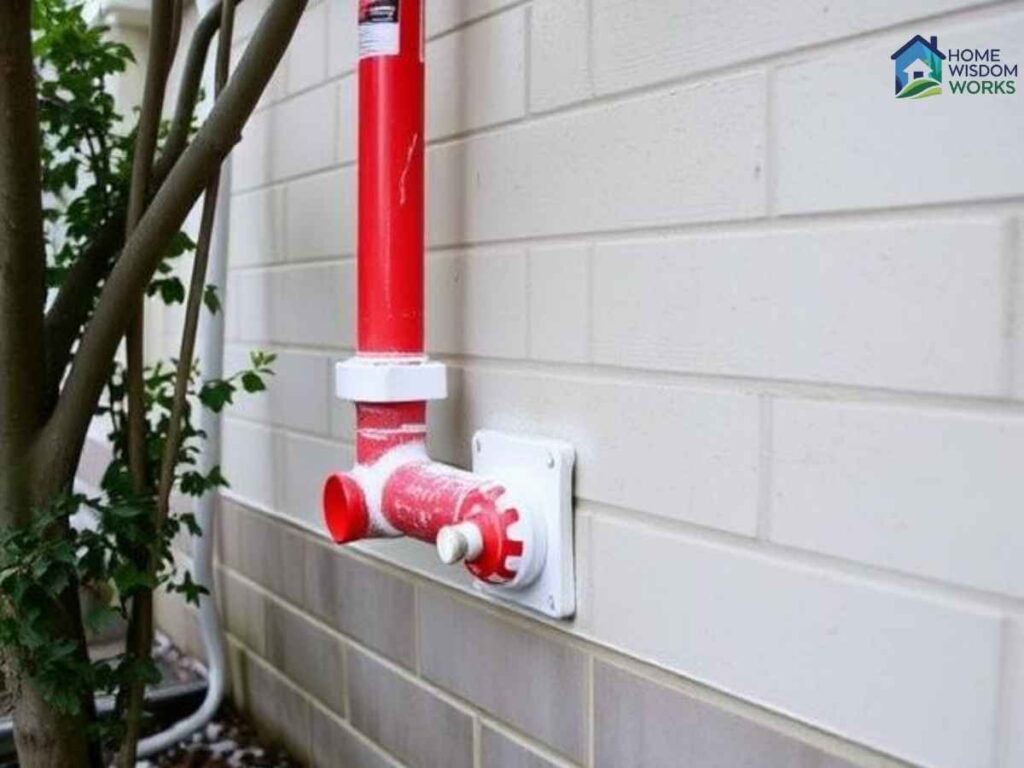
With much of LA’s annual rain falling between November and April, soil can shift and expand, placing old pipes under hidden stress. In neighborhoods like North Park, Echo Park, and Highland Park, homes built before the 1940s are especially vulnerable. Their vintage charm often comes with aging galvanized or clay pipes that simply weren’t designed for persistent moisture fluctuations.
And let’s not forget about sudden temperature drops. Even a brisk westward draft or an unseasonal cold snap can chill exposed pipes overnight, creating cracks that aren’t discovered until water damage is already done. Just because it’s rare doesn’t mean it doesn’t happen—in fact, these events often take homeowners by surprise, leading to devastating insurance battles and costly repairs.
The Unique Challenges of Los Angeles Winters
Living in Los Angeles, we’re spoiled with Mediterranean sunshine—an average of 263 sunny days a year! But our winter season, mild as it may be, still features increased rainfall (up to 92% of annual precipitation lands between November and April) and occasional cold snaps. Here’s why that matters for North Park bungalow owners:
- Older Neighborhoods, Older Pipes: North Park, with its rich history, is dotted with bungalows featuring original plumbing. Nearly 30% of the city’s water mainlines are more than 80 years old, and in North Park, it’s not uncommon to find even older pipes lurking beneath floorboards.
- Shifts and Settling: LA’s slightly clay-heavy soil expands and contracts with rain, putting extra pressure on buried pipes.
- Historic District Codes: Many homes fall within historic preservation zones, limiting major remodel options and sometimes delaying urgent updates.
- DIY Dangers: Many residents tackle winterizing with quick fixes (like heat tape and foam insulation) but overlook bigger, hidden risks such as aging main water lines or unauthorized modifications.
Comprehensive Solutions for Every North Park Bungalow
Protecting your North Park home starts with understanding LA’s unique climate and construction quirks. Here’s how to stay ahead of winter pipe headaches with local know-how:
1. Insulate Exposed Pipes
Insulating pipes in crawl spaces, attics, basements, and exterior walls is crucial—even in sunny SoCal. Hardware stores in nearby South Park stock pre-slit pipe foam that can be quickly installed. Don’t forget seldom-used guest bathrooms or outdoor spigots.
2. Schedule a Professional Plumbing Inspection
There’s no substitute for an expert’s eye. Most reputable plumbers offer winter-prep checkups, using thermal cameras or leak detection equipment to catch vulnerabilities you might miss.
3. Replace Outdated Galvanized Pipes
North Park’s charm sometimes includes pipes that predate the Dodgers’ arrival! Galvanized and clay pipes are brittle and clog-prone. Repiping with PEX or copper is a worthwhile investment—especially if you frequently notice water discoloration or pressure drops.
4. Seal Air Leaks Near Plumbing
Even a tiny draft in a laundry room can expose your pipes to cold air. Use weather stripping or expanding foam to seal gaps in kitchens, utility rooms, and crawl space vents.
5. Keep a Trickle Running
During those rare, chilly LA nights, allow a thin trickle of water to flow from the tap—especially in outward-facing bathrooms. Moving water is less likely to freeze or create dangerous pressure buildups.
6. Know Your Main Shutoff Valve
In an emergency, shutting off your home’s main water supply can mean the difference between a minor inconvenience and a major disaster. North Park’s older bungalows may have hidden or hard-to-reach valves, often near the curb or inside a basement hatch.
7. Install Smart Water Leak Sensors
Tech-savvy LA homeowners are increasingly turning to smart leak detectors, which send real-time alerts to your phone if a burst or leak is detected. These devices can integrate with smart home systems, providing peace of mind whether you’re at work downtown or relaxing in Palisades Park.
Local Case Studies: Real Homes, Real Solutions
It’s one thing to read tips, but quite another to hear how your neighbors handled real-world pipe emergencies.
Case Study 1: The Melrose Bungalow Basement Boom
Last January, Emily and Greg, North Park residents near Melrose Hill, noticed dampness along their basement baseboard. Initial self-diagnosis (a leaky window) proved false when a plumber found a small burst along a 1920s galvanized cold-water line after the city’s only major cold front that winter. Thanks to early detection, only a patch of drywall needed replacing. They invested in whole-home repiping and haven’t had an issue since.
Case Study 2: Highland Park’s Hidden Leak Rescue
Carlos, a proud owner of a Spanish Revival bungalow near York Boulevard, had no idea a slowly freezing pipe in his backyard shed had burst—until he received a jaw-dropping LADWP bill and found mildew crawling up the shed’s wall. Quick work by a local plumber (profiled below) stopped the leak before structural damage occurred.
Case Study 3: Echo Park’s Old-School Savvy
Longtime Echo Park resident Marlene credits a neighborhood Facebook group for winter wisdom. After a neighbor reported a burst pipe, Marlene double-checked insulation on her outdoor pipes and garage laundry hookups. Her vigilance (combined with a quick YouTube-taught insulation job) saved her home during a record rainstorm that caused several nearby plumbing emergencies.
Top 3 Local Plumbing Service Providers for Winter Pipe Protection
Because you want the best for your North Park bungalow, here are three trusted service providers who specialize in Los Angeles winters and vintage homes:
1. Point Loma Electric, Plumbing, Heating & Air
A top-rated repiping and winter-proofing expert serving North Park, they offer cutting-edge leak detection, emergency repairs, and full repipes tailored to LA’s climate. Their technicians are experienced with historic and modern homes alike.
Website: https://pointlomaelectric.com/northpark-plumbers/
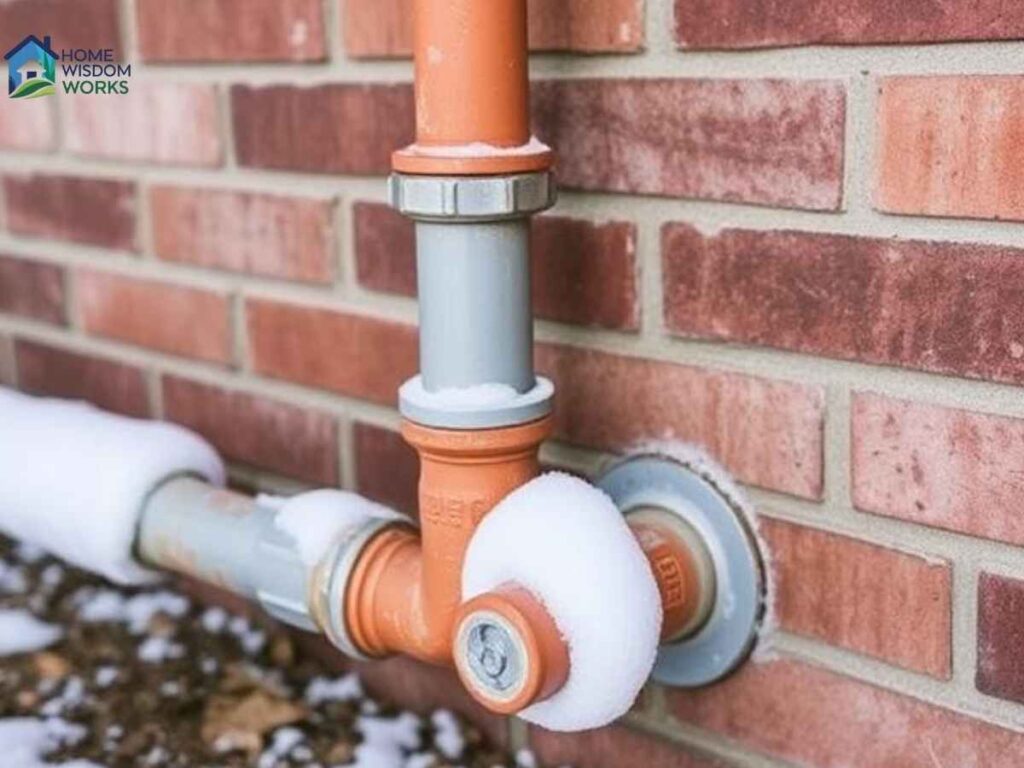
2. Bill Howe Plumbing
Known for rapid response and honest pricing, Bill Howe Plumbing brings over 45 years of local experience. Specialties include emergency repair, leak detection, pipe relining, and sewer camera inspections—making them a reliable pick for both planned upgrades and sudden crises.
Website: https://www.billhowe.com/resources/north-park-plumber/
3. Crackerjack Plumbing Pros
A trusted name across LA, Crackerjack specializes in both emergency pipe bursts and long-term upgrades. They’re lauded for their thorough inspections, excellent warranty options, and preventive focus—offering free annual plumbing evaluations for North Park and adjacent neighborhoods.
Website: https://crackerjackplumbingpros.com/emergency-plumber-los-angeles-what-to-do-when-pipes-burst-in-summer-heat/
Local Tools and Resources
- Los Angeles Department of Water and Power (LADWP): Find water-saving tips and instructions for emergencies, including how to shut off your main valve and report leaks (LADWP Water Resources).
- LA Department of Building and Safety: Download plumbing permits or ensure your repairs conform to current code (LADBS Plumbing Permits).
- City of LA Earthquake Ready Program: Get information and rebates on retrofitting plumbing for seismic safety, crucial for North Park’s older homes (LA County Building Permits).
- Neighborhood Groups: Join North Park, Highland Park, or Echo Park Facebook and Nextdoor groups to swap tips, find recommended service pros, and get help during emergencies.
Inline FAQs for People Also Ask & Mobile Search
What temperature causes pipes to burst in Los Angeles bungalows?
While pipes typically freeze and burst around 32°F, in Los Angeles even temperatures in the 40s can put stress on old, uninsulated pipes—especially after several consecutive chilly nights or during heavy rain when soil shifts.
Can pipe bursts happen in Southern California winters?
Absolutely. Even with LA’s mild winters, old pipes—common in North Park—are vulnerable to swings in temperature and pressure, especially during rainy days, resulting in sudden splits or leaks.
How long do repiped lines last in North Park homes?
With modern PEX or copper materials and professional insulation, new pipes can easily last 40–70 years, keeping your bungalow safe from most foreseeable winter pipe issues.
Top 5 Local Winter Pipe FAQs
Are pipe bursts really common in North Park Los Angeles bungalows?
While not as frequent as in colder climates, North Park bungalows face moderate risk due to old plumbing, unpredictable weather, and soil movement during wet winters. Annual inspections and proper insulation greatly reduce the odds.
Who do I call for a pipe emergency in North Park?
Contact trusted local plumbers like Point Loma Electric, Bill Howe Plumbing, or Crackerjack Plumbing Pros, all of whom have 24/7 emergency response and a long history in North Park.
Do I need a permit for major pipe repairs in North Park?
Yes. Any pipe replacement or rerouting in Los Angeles requires a permit from the LA Department of Building and Safety. Always check current codes before starting work.
What are warning signs of a pipe about to burst?
Watch for sudden drops in water pressure, discolored water, unexplained moisture/dampness, or a spike in your LADWP bill.
Can house insurance cover burst pipes?
In most North Park bungalows, standard homeowner’s insurance does cover accidental pipe bursts, but not gradual wear. Always document damage and call your insurer promptly.
